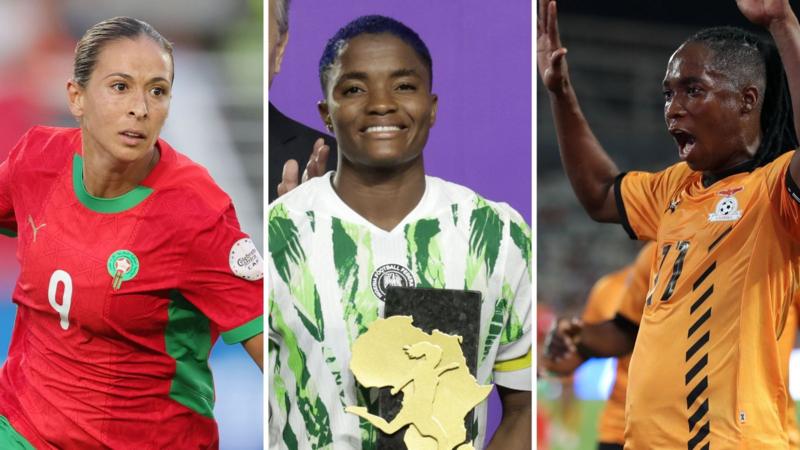Top Insights from the 2024 Women's Africa Cup of Nations Revealed




The recent victory of Nigeria's national team at the Women’s Africa Cup of Nations (WAFCON) not only highlighted their dominance in continental football but also cast a renewed spotlight on the broader landscape of women's football across Africa. As Nigeria celebrated their 10th African title, it became clear that while they have set a high benchmark, there are several critical challenges and opportunities that could elevate the game to new heights across the continent.
Nigeria has long been a powerhouse in African women's football. The Super Falcons, as the team is affectionately known, have consistently performed at an elite level, showcasing not only the depth of talent within the country but also the potential of women's football in Africa. However, the disparity in development, investment, and opportunities for women's football between Nigeria and other African nations is stark and speaks volumes about the uneven growth of the sport.
The crux of the problem lies in the lack of substantial investment and infrastructure dedicated to women's football. Many African countries still do not provide the same level of support or facilities for women’s teams as they do for men’s. This disparity limits the ability of many nations to nurture female talent and develop their football programs.
Moreover, visibility remains a significant challenge. The media coverage of women's football in Africa is minuscule compared to that of men's football. This lack of visibility not only affects public interest and attendance at matches but also impacts potential sponsorship and commercial investments that are crucial for the growth and sustainability of the sport. Increased media coverage could serve as a tool to elevate the profile of women's football, attract new fans, and open up more avenues for revenue.
Another aspect that calls for urgent attention is the creation of comprehensive development programs at the grassroots level. Investing in grassroots initiatives is vital for spotting and nurturing young talent and ensuring a steady supply of skilled players who can perform on international platforms. This initiative would also support the empowerment of young girls through sport, providing them with pathways to education and careers, both on and off the field.
Competitive balance is also a critical issue. The dominance of Nigeria has been astounding, but for the sport to truly develop, other nations must rise to compete at a similar level. This requires the establishment of strong domestic leagues and more frequent international competition to provide players with the experience needed to compete at higher levels. Regional tournaments and inter-club competitions could be instrumental in driving this aspect.
Partnerships and collaborations between football associations, governments, and private sectors can also be significant. For instance, cooperation could help in setting up training clinics to improve the coaching standards for women's football across Africa. Furthermore, scholarships and sponsorship deals for promising players could help alleviate some of the financial barriers that prevent talented athletes from pursuing a career in football.
The Confederation of African Football (CAF) has a pivotal role to play. By implementing policies that ensure equal opportunities and resources, CAF can oversee the holistic development of the sport. Additionally, hosting seminars and workshops to educate about gender equality in sports can create a more inclusive environment in football administrations.
Nigeria’s triumph should be a wake-up call to the continent that while one nation prospers, the collective needs nurturing. The elevation of women's football in Africa necessitates a concerted, collaborative approach that encompasses investment, visibility, grassroots development, and competitive balance. By addressing these issues, not only will it help in leveling the playing field, it will also ensure that the future of women’s football in Africa is as bright and compelling as the present dominance of the Super Falcons.